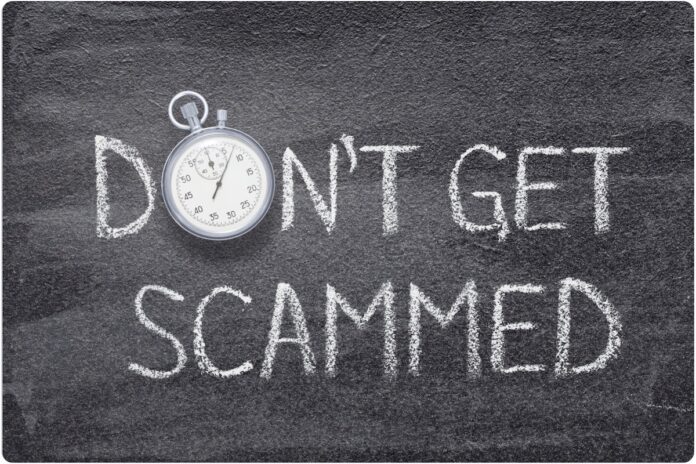What to do with dodgy messages…
A flurry of fraudulent messages to owners of business pages on Facebook has prompted a consumer watchdog to issue a warning.
Scammers are setting up fake profiles that purport to be from the social media platform and its parent company Meta, says Which?.
Businesses are then sent messages from these bogus accounts threatening 'permanent page deletion’ – unless valuable information is handed over.
A typical dodgy message tells a business owner that 'your Facebook page is scheduled for permanent deletion due to a post that infringed upon Facebook’s trademark rights.'
The message then invites businesses to ‘file a complaint seeking the reinstatement of your page prior to its removal from Facebook if you think there’s been a misunderstanding.’
The message adds: ‘We understand that this situation may impact your ongoing business operations. However, please be informed that if we do not receive a complaint from you, our decision will be final.’
Which? says it knows of at least ten fake profiles that are sending scam messages. Commonly they appear to come from the likes of Meta Page Support, Compliance Department, Brand Content, Meta Business Support or Meta Business Suite Support.
How fake messages work
Although it recommends never clicking on suspicious links, Which? researchers did so to see how this scam works.
The link led to a website impersonating Meta. A page titled ‘Intellectual property violation’ asked for the business’s name, email address, phone number and why it was appealing the policy violation.
It’s likely this information would be used to engineer a scam and target the business at a later date or to access online accounts, says the watchdog.
Meta confirmed to researchers that this is fraudulent activity.
Reporting Facebook scams
To report a scam group, page or profile on Facebook, select the three dots on the right-hand side of the page and click ‘report’, advises Which?.
You can report scam websites to the National Cyber Security Centre on its website.
If you think you’ve been scammed, call your bank immediately using the number on the back of your bank card and report it to Action Fraud or call the police on 101 if your business is in in Scotland.

















